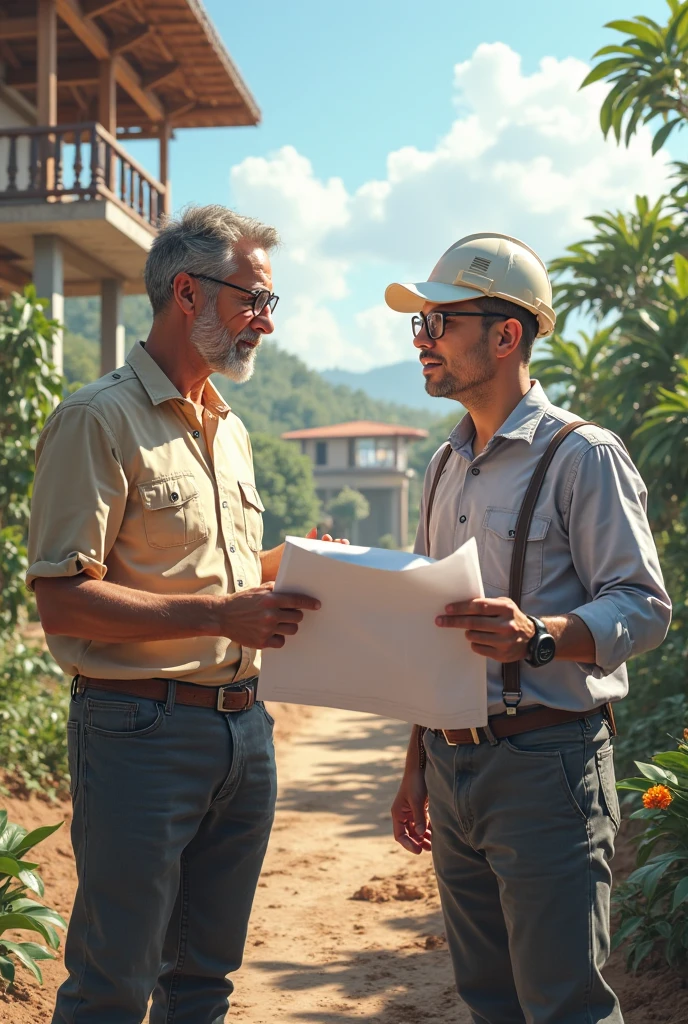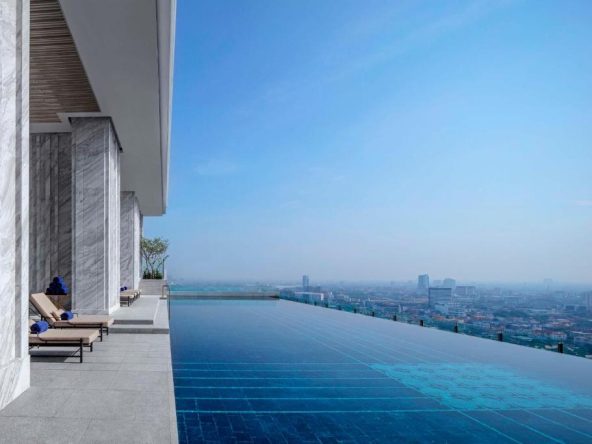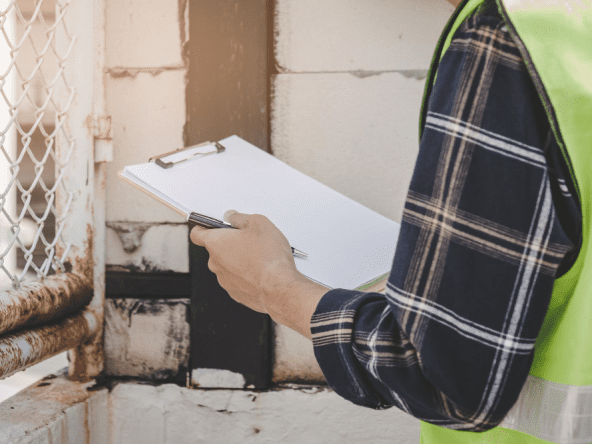What Foreigners Need to Know Before Starting Construction
Foreigners are not allowed to own land in Thailand. However, they can legally lease land and even build a house on it. This is a common and legal way for foreigners to enjoy long-term living in Thailand — especially in popular locations like Phuket, Chiang Mai, or Pattaya.
Here’s a clear guide to how it works, what the risks are, and how to do it right.
✅ Is it Legal?
Yes. A foreigner can lease land for a maximum of 30 years, with the option to renew. Once the lease is registered at the Land Department, the foreigner can legally build a house on that land.
🛑 Important: The house and the land are treated as two separate assets under Thai law.
🧱 Process: Building a Home on Leased Land
| Step | Details |
|---|---|
| 1. Lease the Land | Sign a long-term lease agreement (30 years max). Register it at the Land Office. |
| 2. Draft a Construction Contract | Hire a lawyer to prepare a clear contract for house construction. |
| 3. Obtain a Building Permit | Apply under the lessee’s or landowner’s name at the local municipality. |
| 4. Build the House | Work with licensed Thai contractors or construction firms. |
| 5. Register the House | Register the structure separately from the land at the Land Office. |
📝 Who Owns What?
| Asset | Ownership |
|---|---|
| Land | Thai landowner (you lease it) |
| House | Foreign lessee (you own the structure) |
To protect your ownership of the house, you should:
- Get a building permit issued in your name
- Register the structure at the Land Department
- Keep copies of the construction contract and permits
🏗️ Required Documents
| Document | Provided By |
|---|---|
| Land Lease Agreement | Your lawyer + landowner |
| Building Permit (in your name) | Local municipality office |
| Copy of Title Deed (Chanote) | Landowner |
| Thai ID or Passport | Lessee |
| Construction Plans (Architectural) | Your contractor |
💰 Typical Costs
| Item | Estimated Cost (THB) |
|---|---|
| Lease Registration Fees | 1% of lease value + stamp duty |
| Legal Fees | ฿10,000–฿30,000 |
| Building Permit | ฿5,000–฿20,000 (varies) |
| Construction (basic house) | ฿15,000–฿25,000 per sq.m. |
| Land Lease (30 years) | Depends on location, size |
🔒 Key Protections for Foreigners
| ✅ Tip | 📌 Why It Matters |
|---|---|
| Register the lease at the Land Office | Makes the lease enforceable in court |
| Include a right to build clause in lease | Ensures you can legally construct on the land |
| Have building permit in your name | Secures ownership of the house |
| Register house separately from land | Confirms legal ownership of the structure |
| Include a clause to transfer lease to heirs | Helps with inheritance planning |
📉 What Happens When the Lease Ends?
If the 30-year lease ends and isn’t renewed:
- You still own the house, but not the land
- You may have to remove the structure
- Or negotiate a new lease or sell the house to the landowner
This is why many lease agreements include a renewal option (though not always enforceable by law) or assign lease rights to heirs.
📊 Pros and Cons
| ✅ Pros | ❌ Cons |
|---|---|
| Legal way for foreigners to build | Lease limited to 30 years |
| House is owned outright | Renewal not guaranteed |
| More affordable than buying land | Risk if relationship with landowner ends |
🔚 Conclusion
Building a house on leased land in Thailand is a legal and practical option for long-term living — as long as you understand the limitations and protect your rights properly. With good legal advice and careful documentation, many foreigners have successfully used this method for decades.




